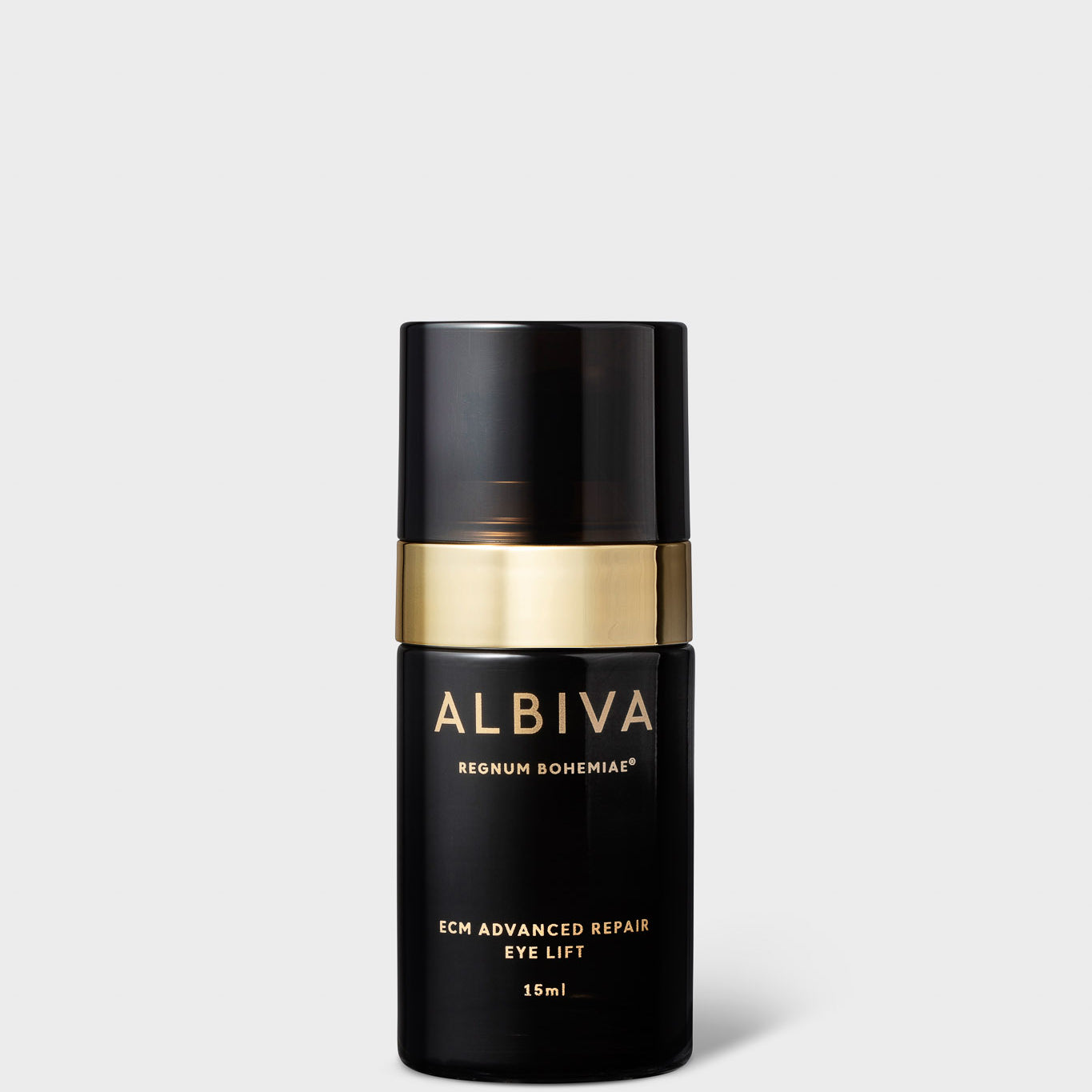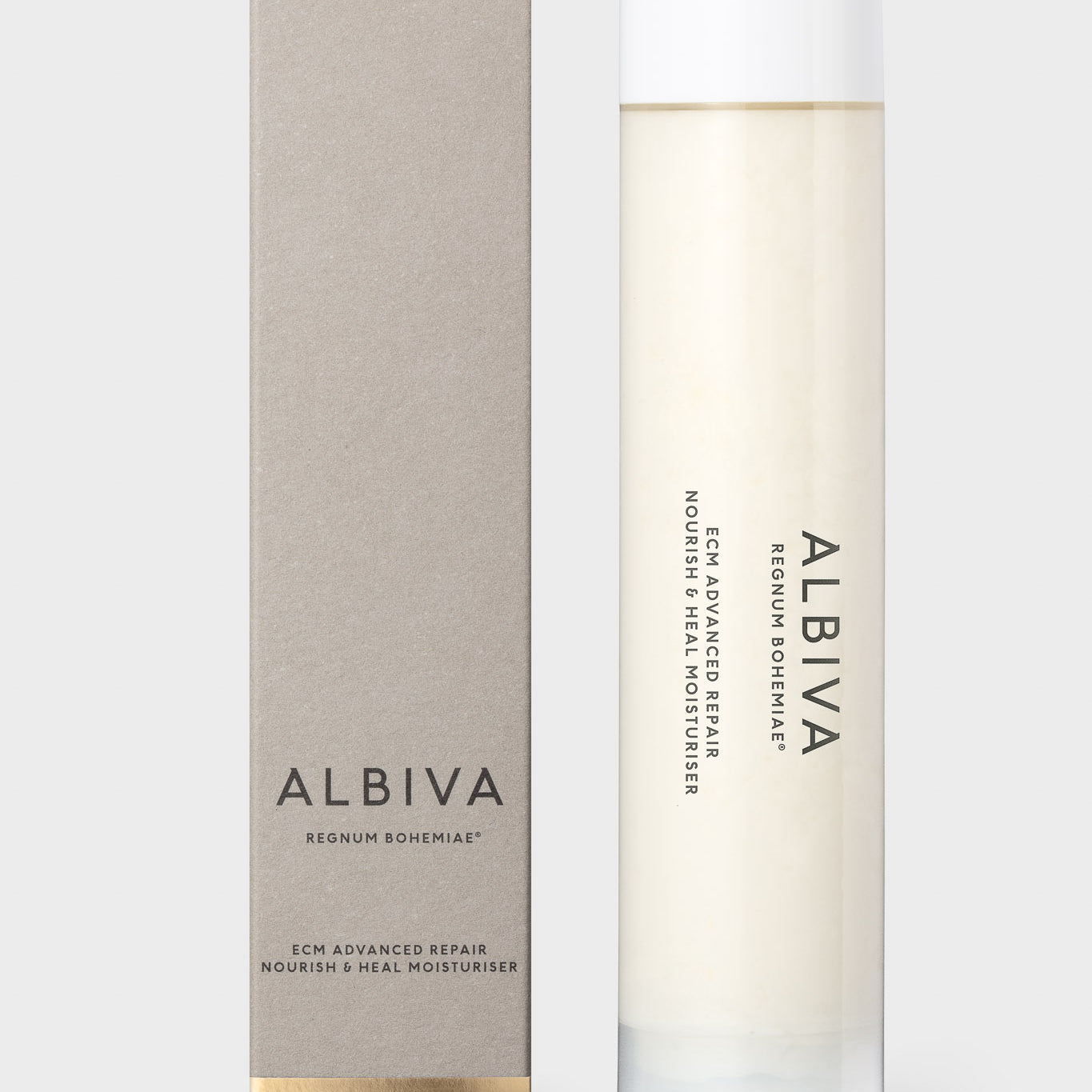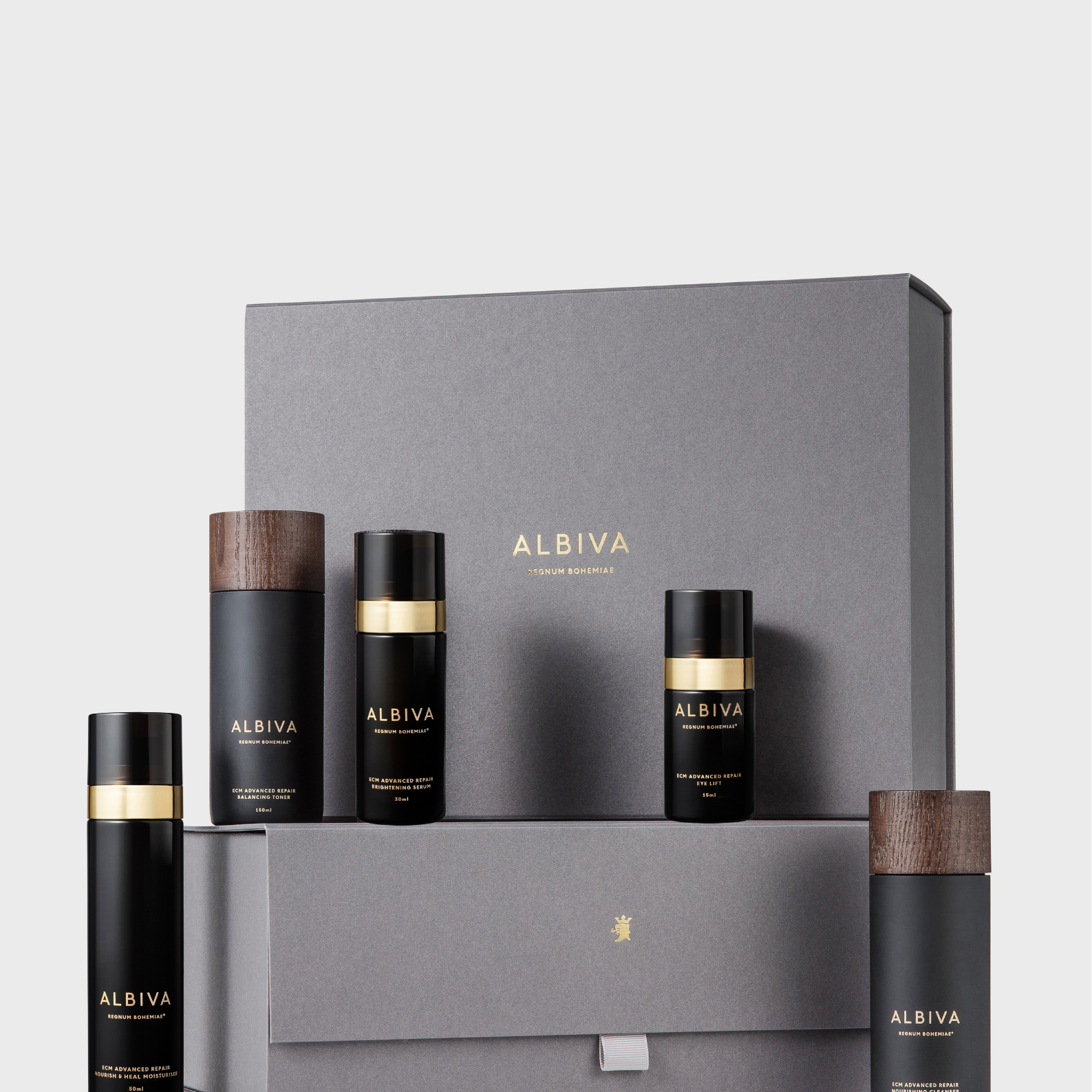The impact of pollution on the skin & how to protect it.

Our skin is the only organ besides the lungs that is directly exposed to air pollution.
It provides a major interface between the body and the environment, and offers a biological barrier against air PM (Particulate Matter Pollution). However, the skin defensive capacity is not unlimited.
Some of the particles in pollutants are able to penetrate the skin, where they release free radicals that trigger oxidative stress. These small particles cause damage to the skin, disrupting the skin’s barrier leading to skin diseases, such as erythema, skin ageing, contact dermatitis, atopic dermatitis, psoriasis, etc.
Apart from the particles themselves, another threat comes from the chemicals that attach to them. Urban dust contains a cocktail of 224 toxic chemicals – from polyaromatic hydrocarbons to pesticides and heavy metals. And, while the particles of pollution are usually too large to penetrate skin themselves, many of these chemicals attached to them are not.
Various studies found there is a clear correlation between spikes in air pollution and increases in the number of people suffering from skin problems such as acne, hives and eczema. It is clear that air pollution is not just affecting skin on a cosmetic level, but also poses a real threat to skin health.
There is clear scientific evidence that skin barrier function and skin hydration are among the most immediate and significant threats air pollution imposes on our skin.
Air pollution is harmful, but is it as bad for our skin as the sun? Increasingly the evidence is suggesting that the pollution may be the new UV when it comes to skin damage.
So what should our Anti-Pollution measures be to protect and restore our skin?
Thoroughly cleanse every night and morning.
Indoor pollutants such as kitchen products, faulty boilers, open fires, sprays and air fresheners, can cause poor air quality in our homes, are often overlooked.
Protect and strengthen the natural skin barrier.
The entire Albiva range has been specifically formulated within the pH range of 5 – 6.5 (our skin’s healthy pH range). It is very important to us at Albiva to formulate products with not only gentle ingredients to keep your pH levels balanced, but also formulate with ingredients designed to restore the integrity of your barrier function (eg. ceramides, fatty acids) in order to ward off premature ageing, helping to return your skin to a youthful, healthy glow.
Antioxidants: in both topical and oral forms.
These include Vitamin A, C, D, E, B-complex and B3 know for their ability to fight free radical damage and protection against environmental stresses. Albiva products contain blend of vitamins A, C, E, B5 & B3. We have also selected ingredients rich in omega 3 & omega 6 known as vitamin F.
Adaptogens: in both topical and oral forms.
These assist with our body's natural defense to reduce inflammation, promote faster wound recovery, and protect against a variety of other skin stressors, including circulatory, oxidant, and UV aggressors. Examples are: CoQ10, resveratrol (a natural phenol present in the skin of grapes, blueberries, raspberries, mulberries), aloe vera and borage which are all present in Albiva’s products alongside other extracts that fight inflammation and promote wound healing.
Hydration: in both topical and oral forms.
At Albiva we focus on supporting and boosting transdermal absorption and preventing transepidermal water loss.
The threat from pollution is real and it is not getting any better any time soon. Skin and overall health can be protected by a high antioxidant diet, select supplements, properly cleansed skin, and using products with ingredients specifically selected to neutralise oxidative stress, reduce inflammation and protect our skin barrier health.





